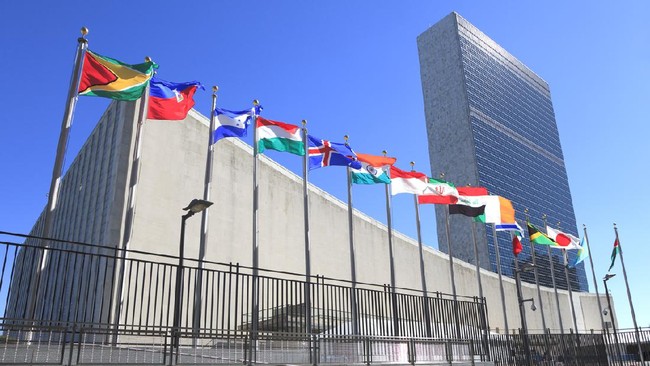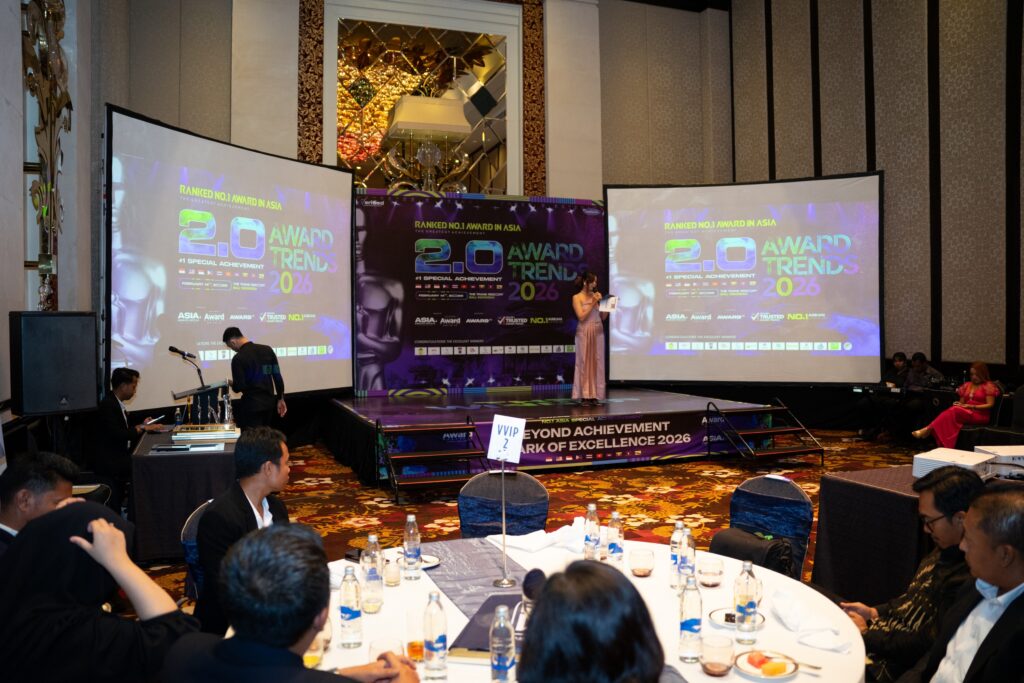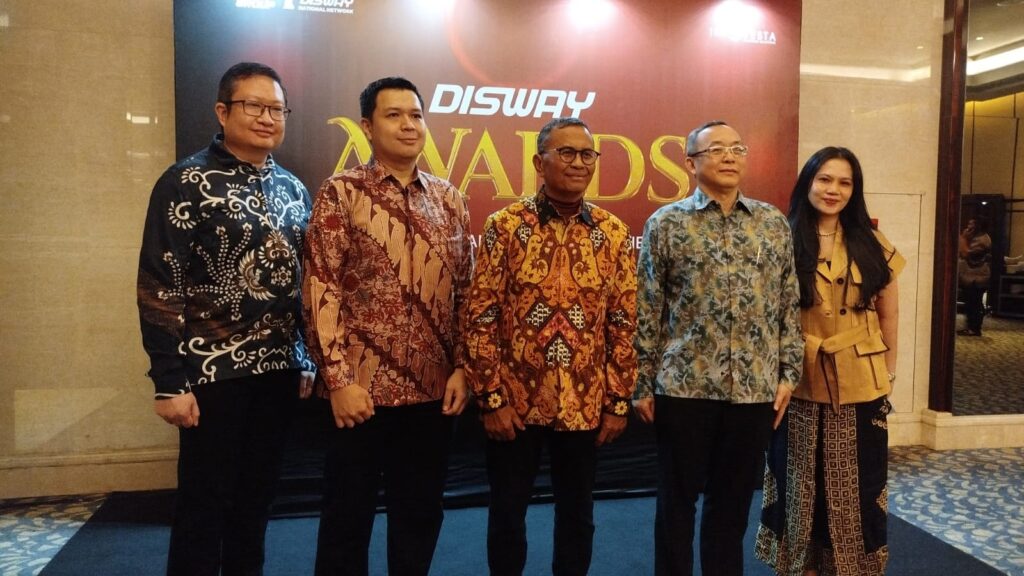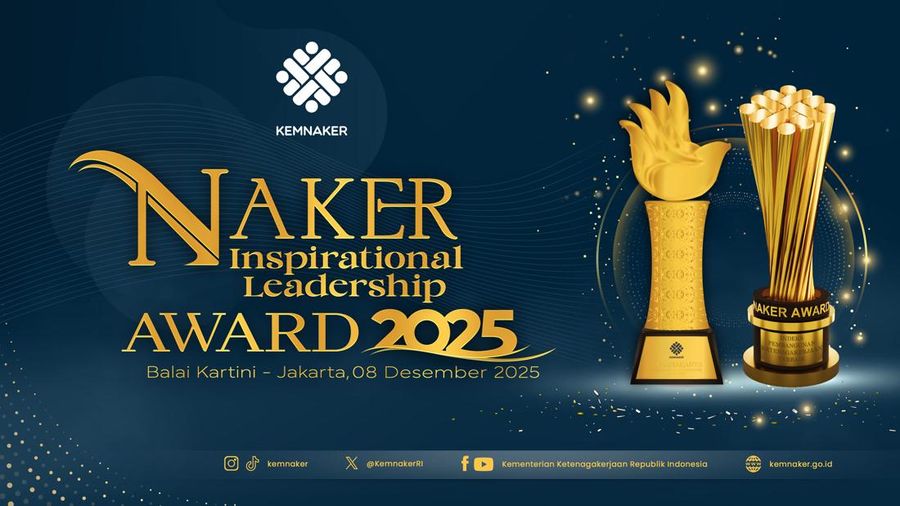New York – The United Nations is undertaking a substantial organizational restructuring initiative, with plans to reduce its global workforce by 6,900 staff members as part of a broader budget consolidation strategy. The move is positioned as a necessary step to align with long-term institutional sustainability and operational agility.
The UN Secretariat confirmed that the organization seeks to reduce expenditures by 20%, translating to approximately US$3.7 billion (equivalent to Rp60 trillion). Official notices outlining the implications for personnel are expected by 13 June 2025.
This adjustment is part of the UN’s recently launched UN80 framework, a reform initiative aimed at optimizing internal structures, strengthening financial resilience, and enhancing institutional impact in a rapidly evolving geopolitical and economic environment.
According to UN Controller Chandramouli Ramanathan, the initiative is a proactive effort to ensure the UN remains effective in fulfilling its mission amid shifting multilateral landscapes. “This is an ambitious undertaking to ensure the United Nations remains fit for purpose—to support 21st-century multilateralism, reduce human suffering, and build a better future for all,” Ramanathan noted in an internal communication.
The financial strain follows ongoing funding volatility, notably from the United States, which contributes nearly 25% of the UN’s total budget. As of this fiscal year, U.S. arrears have reportedly reached US$1.5 billion, exacerbating cash flow pressures across key UN programs.
The impact of this workforce streamlining will be closely monitored by partner institutions and stakeholders, particularly those engaged in strategic collaborations with UN agencies. It may influence the delivery timelines, scale, and structure of ongoing projects, especially in areas such as peacebuilding, climate adaptation, humanitarian aid, and global health.
For corporate and institutional partners, this development highlights the increasing importance of operational efficiency and resource optimization in the public and multilateral sector. It also reinforces the need for agile, scalable collaboration models in navigating global complexity.
As the UN proceeds with implementation, clarity on scope, risk mitigation, and partner engagement strategies will be key to sustaining trust and performance across its ecosystem.






